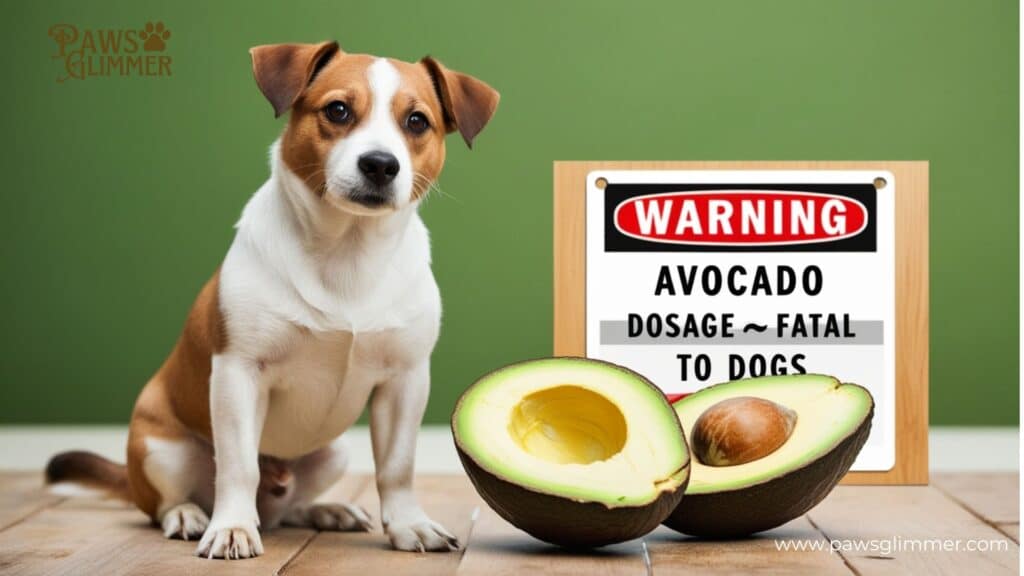Avocados have become a staple in many households, prized for their creamy texture and nutritional benefits. However, for pet owners, these seemingly harmless fruits can pose a serious threat to their canine companions. One crucial factor to consider is the avocado dosage fatal to dogs, as even small amounts can lead to serious health issues.
This comprehensive guide delves into the world of avocado toxicity in dogs, exploring everything from symptoms to prevention. By understanding the risks, including the avocado dosage fatal to dogs, you’ll be well-equipped to keep your furry friend safe.
More Tips for When A Cat Purrs Loudly?
Understanding Avocado Toxicity in Dogs
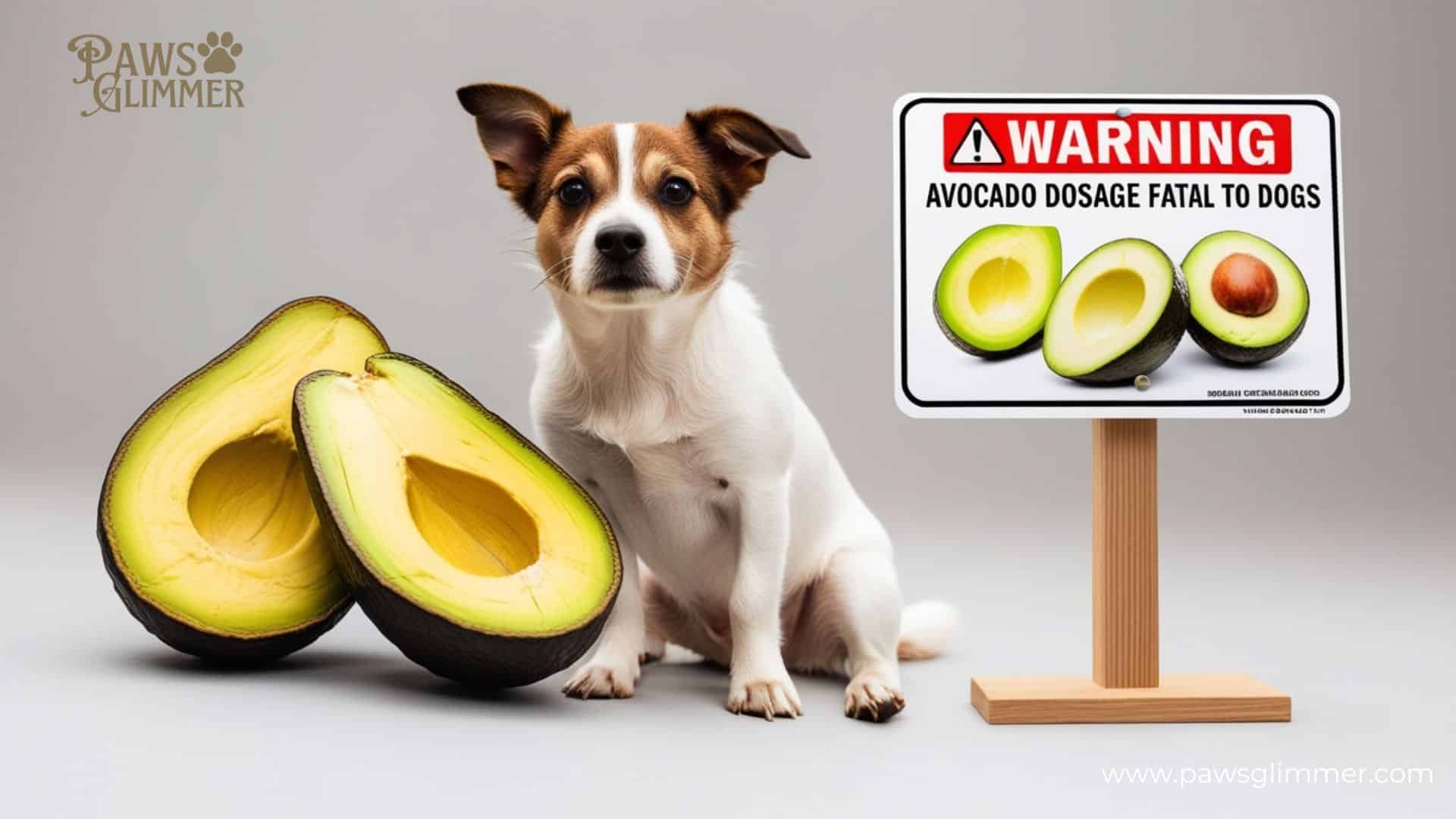
The Culprit: Persin
At the heart of avocado poisoning lies a compound called persin. This fungicidal toxin, while generally harmless to humans, can wreak havoc on a dog’s system. Persin is found in various parts of the avocado plant, including:
- The fruit (flesh)
- Pit
- Leaves
- Bark
- Stems
When dogs ingest persin, it can lead to a range of health issues, from mild discomfort to severe complications. Understanding how persin affects canine physiology is crucial for pet caregivers to grasp the gravity of avocado toxicity.
How Persin Affects Dogs
Persin interferes with cellular function in dogs, potentially causing:
- Fluid accumulation in the lungs and chest
- Disruption of the heart muscle
- Gastrointestinal irritation
These effects can manifest in various clinical symptoms, which we’ll explore in detail next.
Symptoms of Avocado Poisoning in Dogs
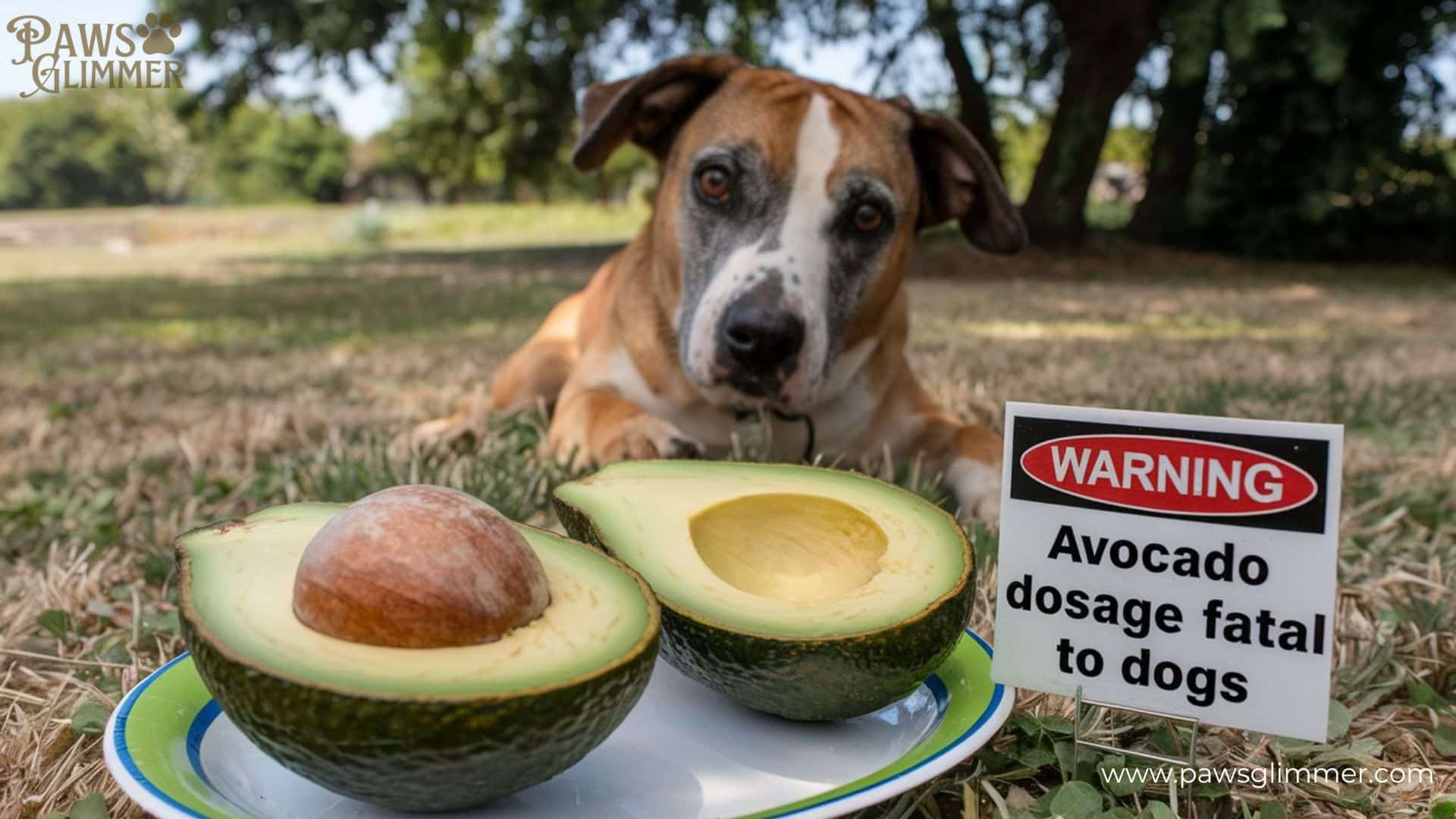
Recognizing the signs of avocado toxicity is crucial for dog parents. Here’s what to watch for:
Gastrointestinal Distress
- Vomiting
- Diarrhea
- Abdominal pain
- Loss of appetite
Cardiovascular Effects
- Irregular heartbeat
- Weakness
- Collapse (in severe cases)
Respiratory Issues
- Breathing difficulties
- Coughing
- Increased respiratory rate
Read More About Dog Training and Behavior
Other Observable Signs
- Lethargy
- Depression
- Fluid accumulation (visible swelling)
“When it comes to avocado poisoning in dogs, time is of the essence. Recognizing symptoms early can make all the difference in treatment outcomes.” – Dr. Sarah Johnson, DVM, Emergency Veterinarian
Lethal Dosage: How Much is Too Much?
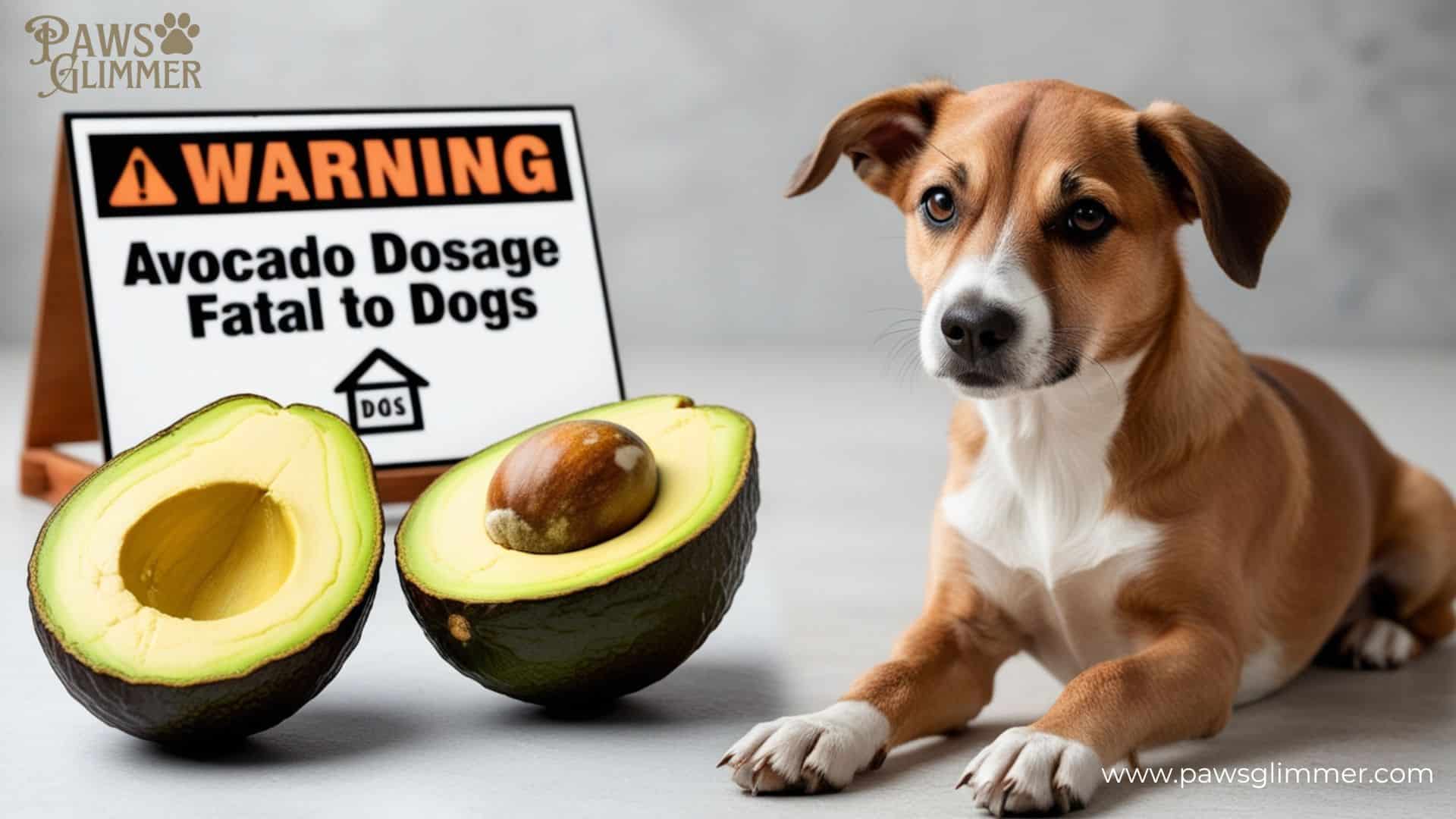
The question of how much avocado constitutes a fatal dosage for dogs is complex and depends on several factors:
- Dog’s size and weight
- Breed sensitivity
- Individual dog’s health status
Research suggests that even a small amount of avocado can cause adverse reactions in some dogs. While there’s no universally agreed-upon toxic dose, here’s a general guideline:
| Dog Size | Potentially Toxic Amount |
|---|---|
| Small (< 20 lbs) | 1-2 ounces |
| Medium (20-50 lbs) | 2-3 ounces |
| Large (> 50 lbs) | 3-4 ounces |
Note: These are estimates, and any amount of avocado ingestion should be taken seriously.
Why Even Small Amounts Can Be Dangerous
Even a minimal quantity of avocado can trigger gastrointestinal upset in dogs. The risk isn’t just from the persin content, but also from:
- The high fat content, which can lead to pancreatitis
- The pit, which poses a choking hazard or intestinal blockage risk
Additional Articles for Dog Owners Can Dogs Eat Honey Nut Cheerios Safely?
Avocado Allergies vs. Toxicity in Dogs
While rare, some dogs may experience allergic reactions to avocados rather than persin poisoning. Here’s how to distinguish between the two:
Allergic Reaction Symptoms
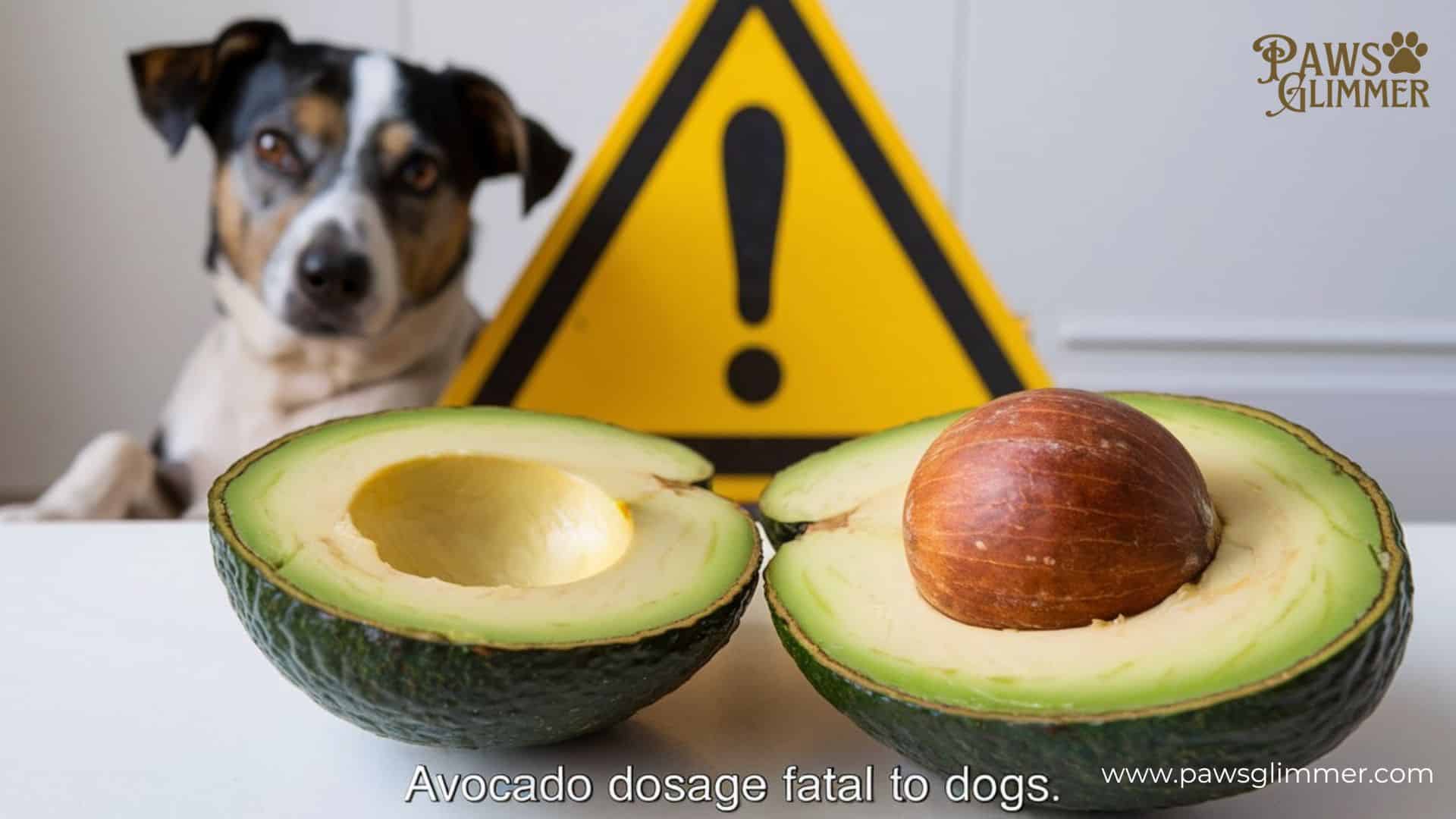
- Hives
- Swelling of the face or paws
- Itching
- Difficulty breathing (in severe cases)
When to Suspect an Allergy
- Symptoms appear rapidly after ingestion
- Previous exposure without toxicity symptoms
- Response to antihistamines
If you suspect your dog has an avocado allergy, consult with a pet doctor for proper diagnosis and management.
Immediate Actions: What to Do If Your Dog Eats Avocado
If you catch your dog snacking on avocado, don’t panic. Follow these steps:
- Remove any remaining avocado from your dog’s reach.
- Assess how much was eaten and which parts (flesh, pit, skin).
- Contact your veterinarian or a pet poison hotline immediately.
- Monitor your dog closely for any symptoms.
Expand Your Knowledge of Dog Care Can Dogs Eat Black Rice?
First Aid Measures at Home
While waiting for veterinary care:
- Do not induce vomiting unless instructed by a vet.
- Keep your dog calm and comfortable.
- Offer small amounts of water if your dog isn’t vomiting.
“Never wait for symptoms to appear before seeking help. Early intervention can prevent severe complications from avocado toxicity.” – Dr. Michael Lee, Veterinary Toxicologist
Veterinary Treatment for Avocado Toxicity
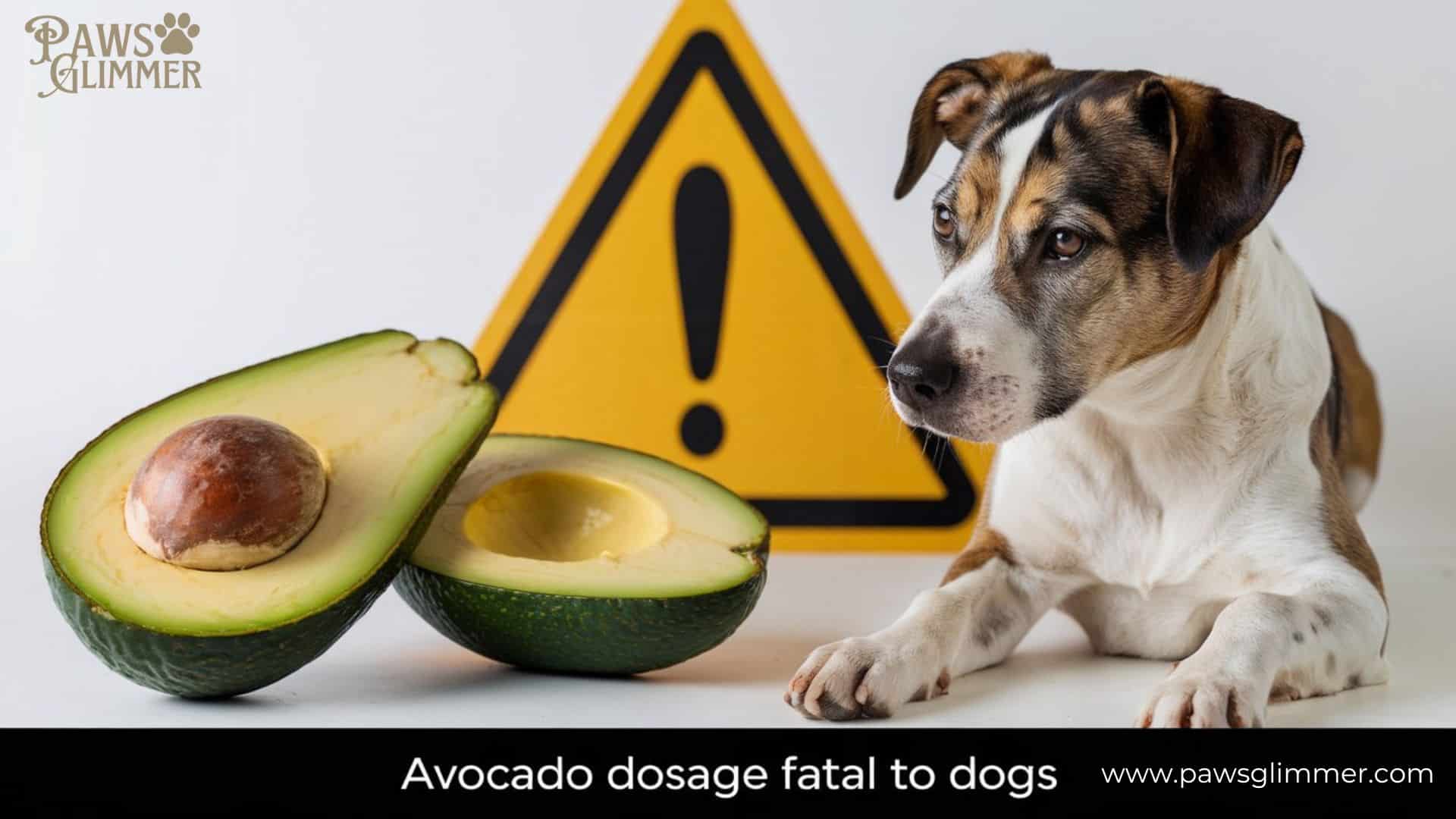
When you bring your dog to the animal hospital, the veterinarian will likely:
- Perform a physical examination
- Run blood tests to check organ function
- Take X-rays or ultrasounds to check for pit ingestion or fluid in the lungs
Treatment Options
Treatment for avocado poisoning typically involves:
- Supportive care (IV fluids, anti-nausea medication)
- Activated charcoal to absorb toxins
- Oxygen therapy if breathing is compromised
- Surgery if a pit is causing obstruction
Further Insights into How to Euthanize Your Dog at Home Safely and Humanely
Potential Complications
Without prompt treatment, avocado toxicity can lead to:
- Severe dehydration
- Pancreatitis
- Myocardial damage
- Respiratory failure
Prevention: Keeping Your Dog Safe
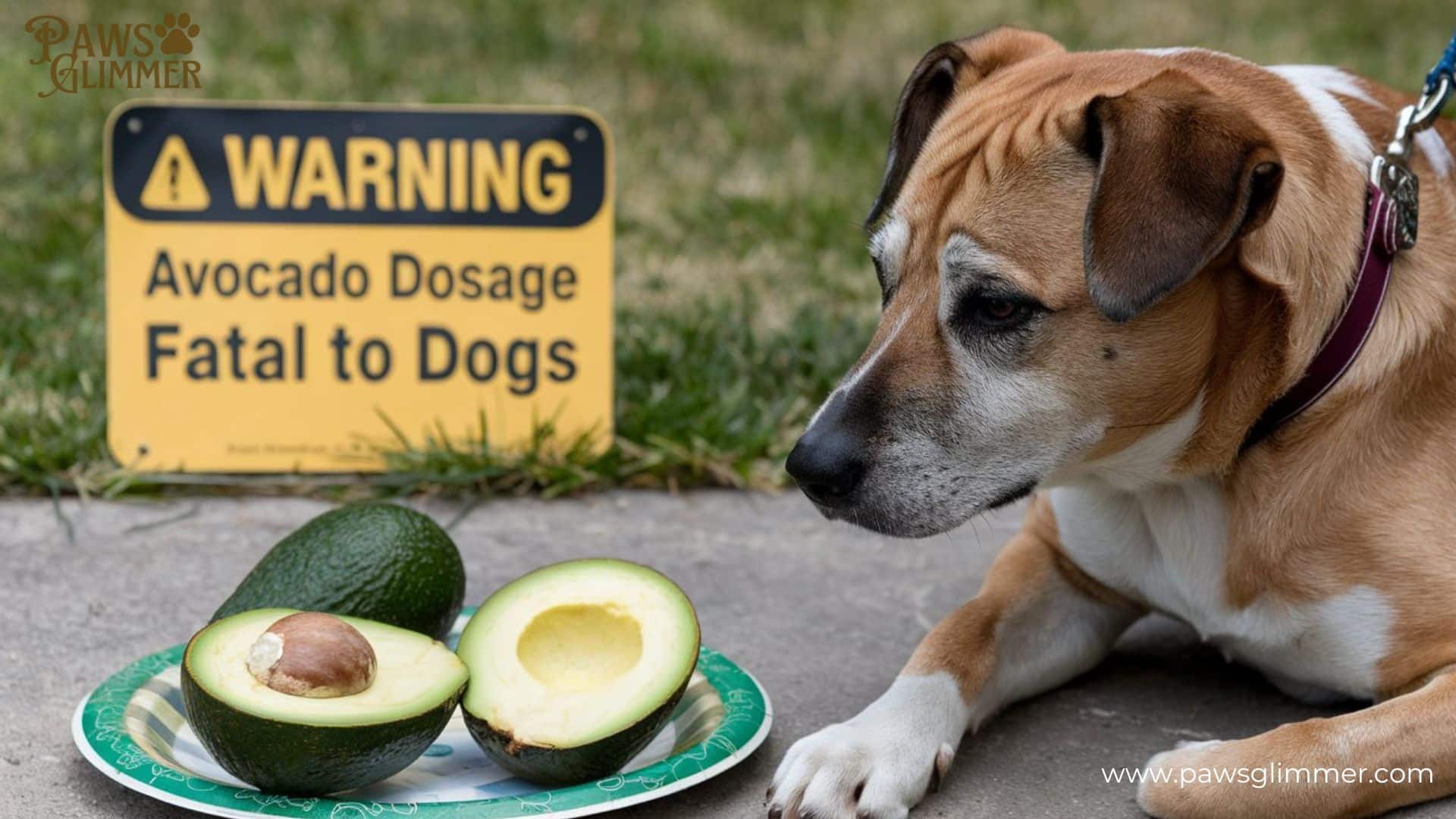
Preventing avocado toxicity is far easier than treating it. Here are some tips for animal guardians:
- Store avocados and guacamole in secure, dog-proof containers.
- Dispose of avocado pits, skins, and leftovers in a sealed trash can.
- Train your dog to “leave it” when it comes to human food.
- Educate family members and guests about the dangers of feeding avocados to dogs.
Case Study: The Importance of Prevention
Max, a 5-year-old Labrador, ingested half an avocado left on the kitchen counter. His owner, Sarah, rushed him to the vet within an hour. Despite prompt treatment, Max developed pancreatitis and required a three-day hospital stay. This incident highlights the importance of keeping avocados out of reach and the potential for serious complications even with quick action.
Safe Alternatives: Healthy Treats for Dogs
Instead of avocados, consider these dog-friendly fruits and vegetables:
- Apples (without seeds)
- Blueberries
- Carrots
- Cucumber
- Pumpkin
Dog-Friendly “Guacamole” Recipe
Try this safe alternative to satisfy your dog’s craving for creamy treats:
Ingredients:
- 1 ripe banana
- 1/4 cup plain, non-fat Greek yogurt
- 1 tablespoon peanut butter (xylitol-free)
Instructions:
- Mash the banana in a bowl.
- Mix in yogurt and peanut butter until smooth.
- Serve in small portions as a special treat.
The Avocado Industry and Pet Safety
As awareness of avocado toxicity in pets grows, some initiatives are emerging:
- Improved labeling on avocado products
- Research into developing less toxic avocado varieties
- Pet-focused educational campaigns by avocado producers
Conclusion: Balancing Human Foods and Pet Safety
Understanding the risks of avocado toxicity in dogs is crucial for every pet caregiver. While avocados offer numerous health benefits for humans, they can pose serious health concerns for our canine companions. By staying informed, practicing prevention, and knowing how to respond in case of ingestion, you can enjoy your avocados while keeping your furry friend safe.
Remember:
- Even a small dose of avocado can be harmful to dogs.
- Prompt medical attention is crucial if ingestion occurs.
- Prevention is the best strategy for protecting your pet.
By following these guidelines, you can ensure that your love for avocados doesn’t compromise your dog’s well-being.
FAQs
Q: Can dogs eat any part of an avocado safely?
A: No, all parts of the avocado plant contain persin and can be toxic to dogs.
Q: Are some dog breeds more susceptible to avocado poisoning?
A: While all dogs can be affected, smaller breeds may show symptoms from lower doses due to their size.
Q: How quickly do symptoms of avocado toxicity appear in dogs?
A: Symptoms can appear within a few hours of ingestion but may take up to 24-48 hours in some cases.
Q: Can avocado oil or avocado-based products harm dogs?
A: While avocado oil typically contains less persin, it’s best to avoid giving any avocado products to dogs.
Q: What’s the difference between avocado toxicity in dogs and other pets?
A: Different animals react differently to persin. While dogs are moderately sensitive, birds and horses are extremely susceptible to avocado toxicity.
Additional Resources
- ASPCA Animal Poison Control: (888) 426-4435
- Pet Poison Helpline: (855) 764-7661
- American Kennel Club: Foods That Are Toxic to Dogs
- FDA: People Foods to Avoid Feeding Your Pets
By staying informed and vigilant, you can ensure your dog leads a happy, healthy life free from the risks of avocado toxicity. Remember, when in doubt, always consult with your veterinarian or a pet health professional.

Raymond Dandan is a seasoned pet blogger with a passion for feline care and behavior. With years of experience and a deep love for cats, Raymond brings expert insights and practical tips to “PawsGlimmer.” His engaging writing and thorough research help cat owners provide the best for their furry friends, making him a trusted voice in the pet community.

